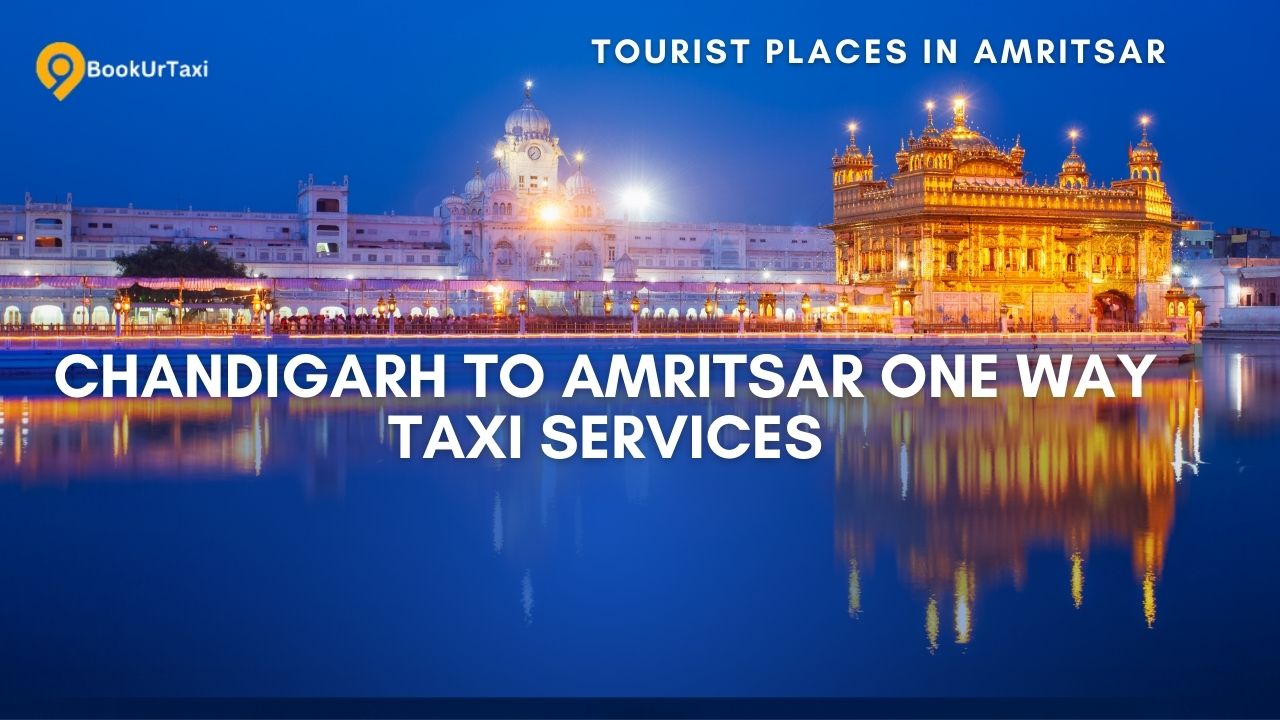Why Customer Service is the Cornerstone of the Modern Travel Industry

Strong 8k brings an ultra-HD IPTV experience to your living room and your pocket.
In today’s hyper-connected travel landscape, offering competitive pricing or vast inventories isn’t enough. What sets successful travel businesses apart? Exceptional customer service. Travelers demand instant resolutions, personalized support, and seamless assistance—whether booking flights, modifying reservations, or handling disruptions.
Great customer service is no longer a luxury—it's a critical driver of loyalty, revenue, and brand reputation in the travel sector.
What Is Travel Industry Customer Service?
Travel customer service encompasses all the interactions a traveler experiences before, during, and after a trip. This includes:
- Pre-booking queries (package details, visa support, itinerary customization)
- Booking modifications or cancellations
- On-trip assistance (hotel check-in issues, flight rebooking, last-minute add-ons)
- Post-trip feedback handling
Today’s travel brands leverage multiple channels—phone, live chat, chatbots, WhatsApp, and social media—to deliver round-the-clock customer support.
Why Customer Service Is Essential for Travel Brands
1. Enhances Customer Trust & Loyalty
A traveler with a positive service experience is 60% more likely to return. From handling flight delays to providing local information, timely assistance builds trust and repeat business.
2. Boosts Conversion Rates
Live support during booking—via chat or call—can reduce drop-offs and boost conversions. Unsure travelers seek assurance before completing high-value travel purchases.
3. Manages Crisis Situations Smoothly
Flight cancellations, lost baggage, or emergency rescheduling—these are make-or-break moments for a travel brand. Efficient customer service turns frustration into satisfaction.
4. Improves Online Reputation
Happy customers leave positive reviews, ratings, and testimonials, enhancing your digital presence and attracting new bookings.
5. Drives Personalization & Upselling
Customer support agents can recommend upgrades, travel insurance, or exclusive experiences—leading to additional revenue per customer.
Key Features of Excellent Travel Customer Service
| Feature | Why It Matters |
| 24/7 Multichannel Support | Travelers expect help anytime, from any device or location. |
| Trained Multilingual Staff | Serving global travelers requires language flexibility. |
| AI Chatbots & Automation | For handling FAQs and reducing manual workload. |
| Crisis Management Protocols | Essential for flight disruptions, weather issues, or emergencies. |
| Personalization via CRM | Knowing past trips, preferences, and history enhances the experience. |
Technology's Role in Travel Customer Service
Today’s service desks use tools like:
- CRM Software: For tracking customer history and preferences.
- Omnichannel Helpdesks: Managing chats, emails, and social media in one place.
- AI-driven Chatbots: Offering instant responses and automating common queries.
- Self-Service Portals: Empowering customers to make changes or track status independently.
These innovations reduce response times, improve accuracy, and cut operational costs.
Best Practices for Delivering Outstanding Travel Support
1. Train Teams Continuously: Regular workshops on empathy, product knowledge, and problem-solving.
2. Use Proactive Communication: Notify customers about delays, changes, or offers in advance.
3. Adopt Omnichannel Strategies: Seamless support across calls, chats, emails, and apps.
4. Implement Feedback Loops: Actively collect and act on traveler reviews and service ratings.
5. Prioritize Data Security: Ensure customer data privacy, especially with payment and identity details.
Real-World Examples: Travel Customer Service in Action
- Online Travel Agencies (OTAs) offer 24/7 helplines to modify bookings, process refunds, or arrange last-minute accommodations.
- Airlines use mobile apps and chatbots for live flight status updates and self-check-in services.
- Hotels provide WhatsApp support for in-room requests or local recommendations.
Such proactive service leads to positive reviews, better NPS (Net Promoter Score), and brand loyalty.
Future Trends in Travel Customer Service
- AI & Predictive Support: Anticipating issues (like weather delays) and suggesting alternatives.
- Voice Assistance: Integrating Siri, Alexa, and Google Assistant for trip queries.
- AR/VR Support: Virtual tours and troubleshooting via augmented reality.
- Blockchain Security: Enhancing booking data transparency and traveler trust.
Final Thoughts
In the travel industry, where emotions run high and expectations are sky-high, customer service becomes the ultimate brand differentiator. Brands that invest in quality support—backed by technology and empathy—win customer hearts and market share.
Note: IndiBlogHub features both user-submitted and editorial content. We do not verify third-party contributions. Read our Disclaimer and Privacy Policyfor details.







